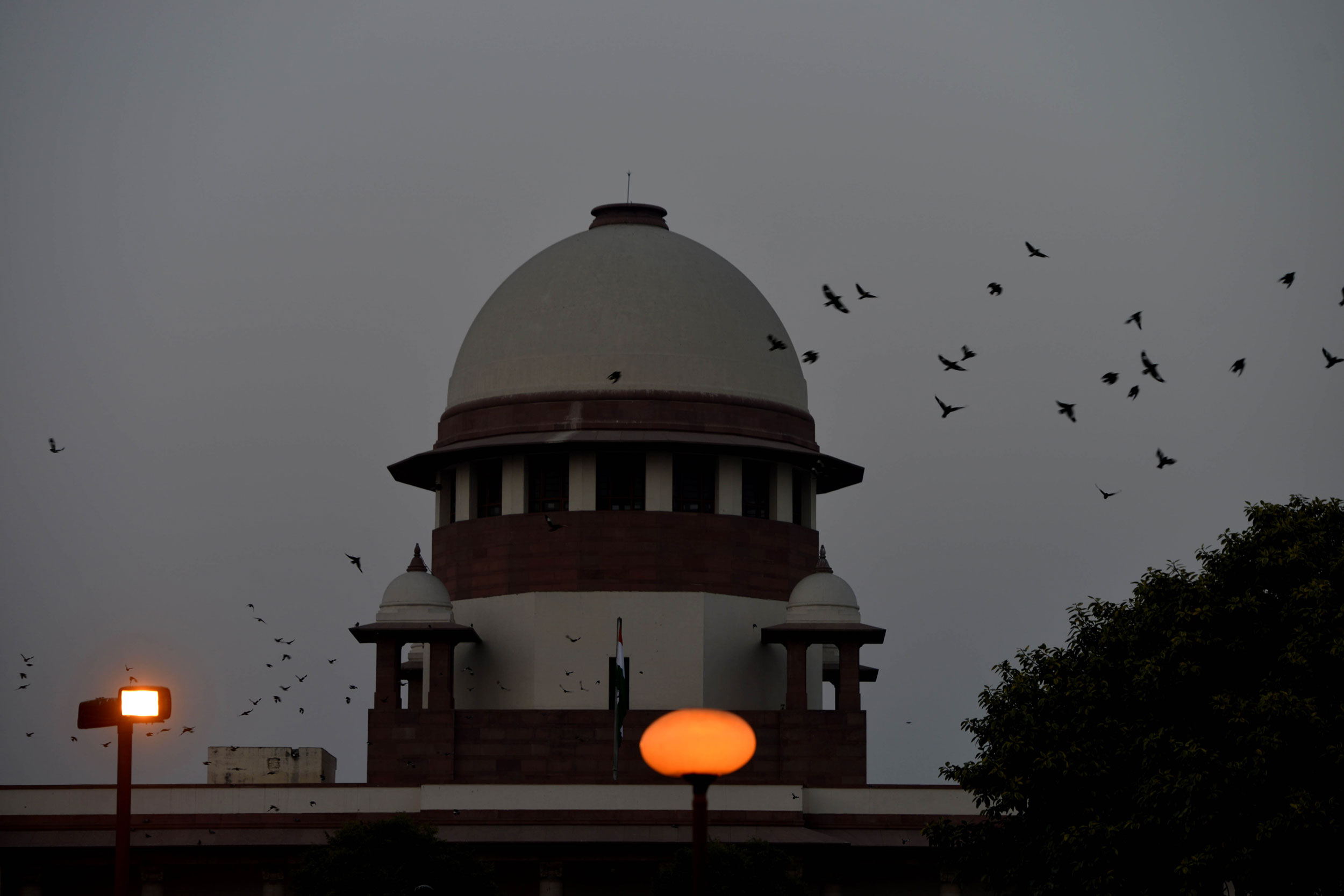The Supreme Court on Friday sought the Centre’s response on two petitions challenging the constitutionality of the Unlawful Activities (Prevention) Amendment Act, 2019, which empowers the government to declare even individuals as terrorists and attach their properties.
Such a provision allows the stigmatisation of an individual and the violation of their fundamental rights, according to the Association for Protection of Civil Rights, an NGO, and fellow petitioner Sajal Awasthi, a young Delhi resident.
The bench of Chief Justice Ranjan Gogoi and Justice Ashok Bhushan issued the notices to the Centre.
“Notifying an individual as a terrorist without giving him an opportunity of being heard violates the individual’s right to reputation and dignity which is a facet of the right to life and personal liberty under Article 21 of the Constitution,” the NGO’s petition, moved through advocate Fauzia Shakil, says.
Condemning a person “on a mere belief of the government is unreasonable, unjust, unfair, excessive, disproportionate and violates due process”.
“A person who is designated a terrorist, even if he is de-notified subsequently, faces a lifelong stigma and this tarnishes his reputation for life,” it adds.
“There is no requirement of furnishing to the person designated as a terrorist the grounds of his designation, which renders the entire process of challenging the notification nugatory.”
Awasthi has argued: “It is submitted that conferring of such discretionary, unfettered and unbound powers upon the central government is antithesis to Article 14 (equality) of the Constitution. Further, (the) right to reputation is an intrinsic part of the fundamental right to life with dignity.”
Awasthi has argued that the act does not give an individual designated as a terrorist any opportunity to present their case and leaves them at the mercy of society’s whims.
Lok Sabha had passed the bill on July 24 and the Rajya Sabha on August 2. The bill received the presidential assent on August 9.











